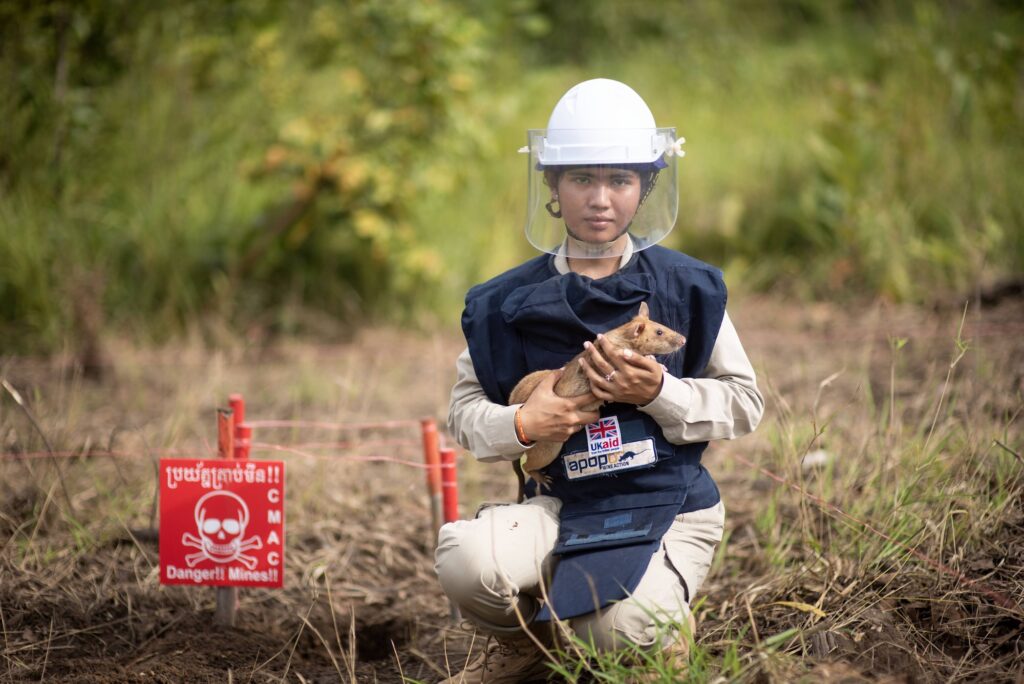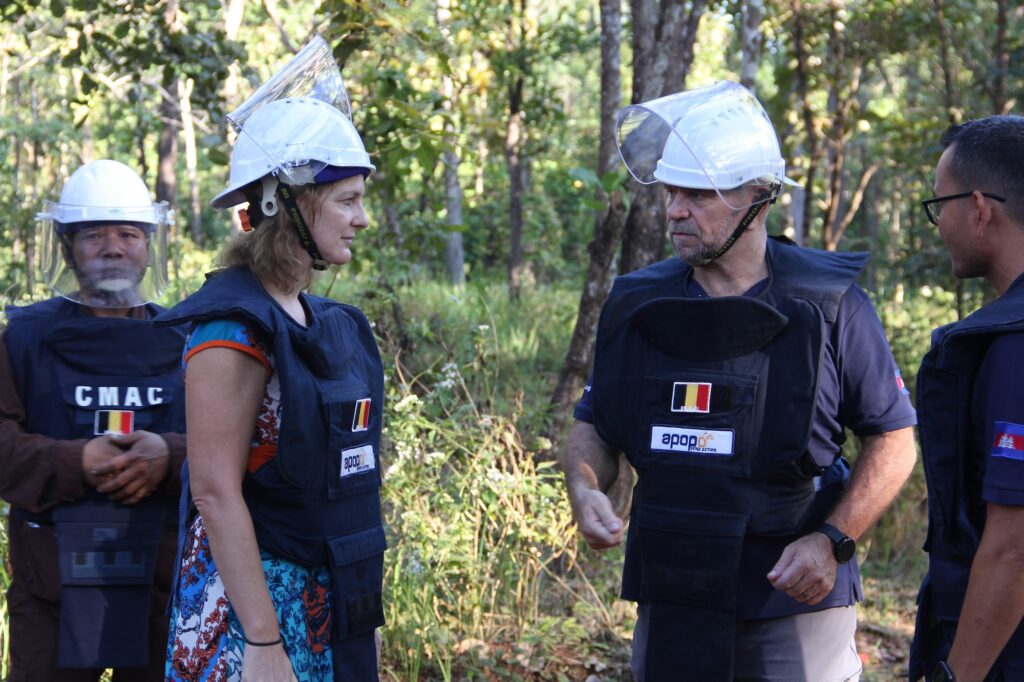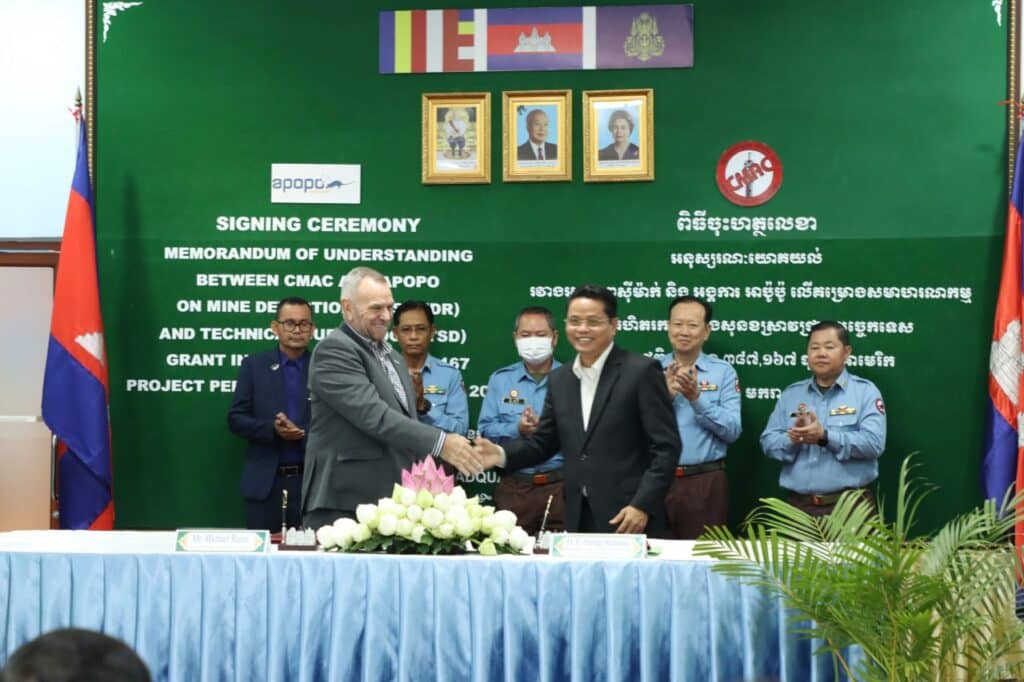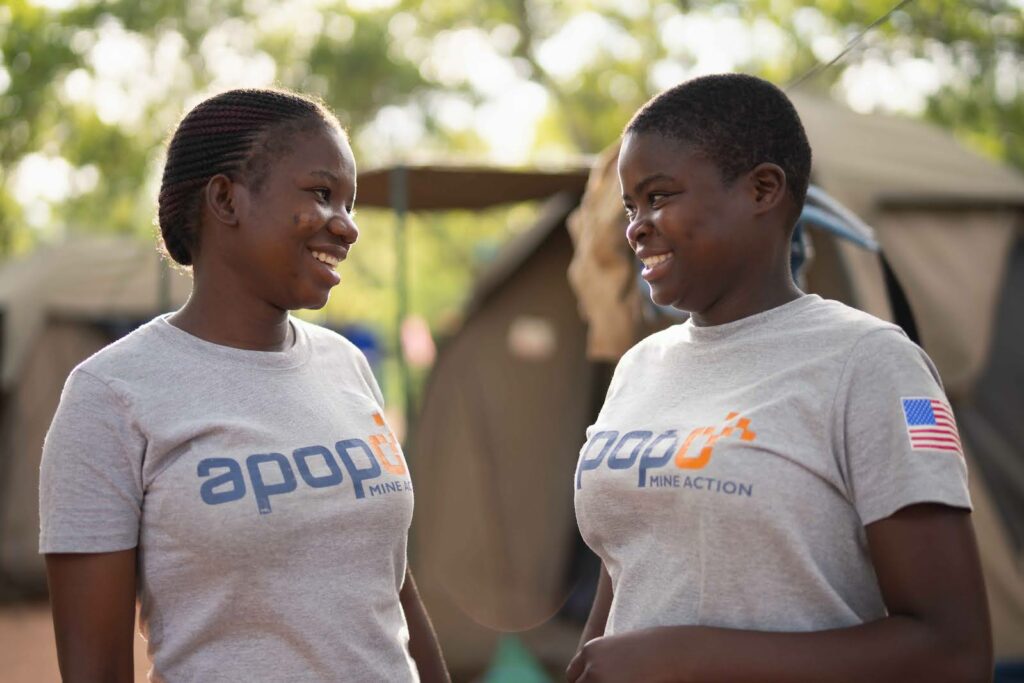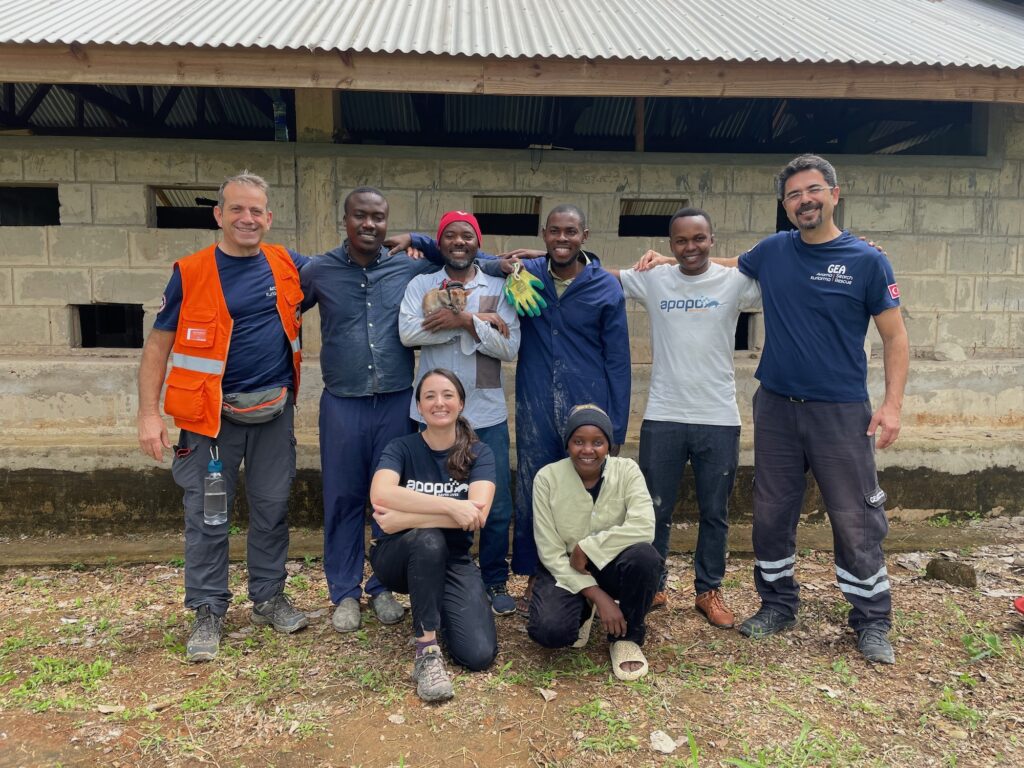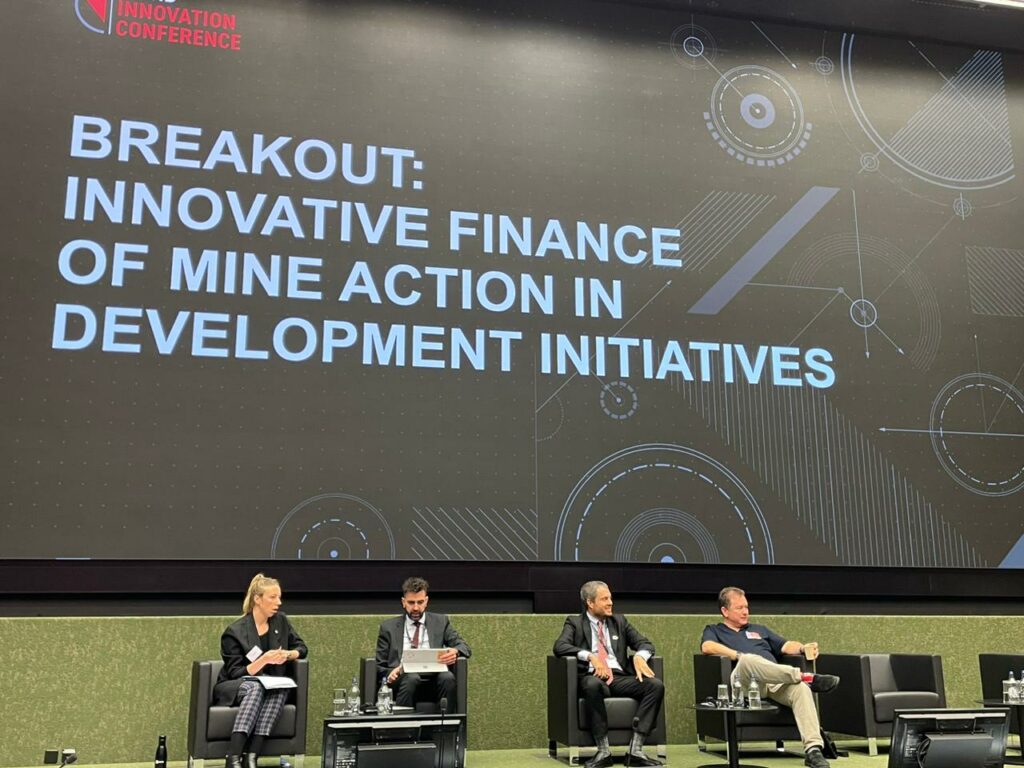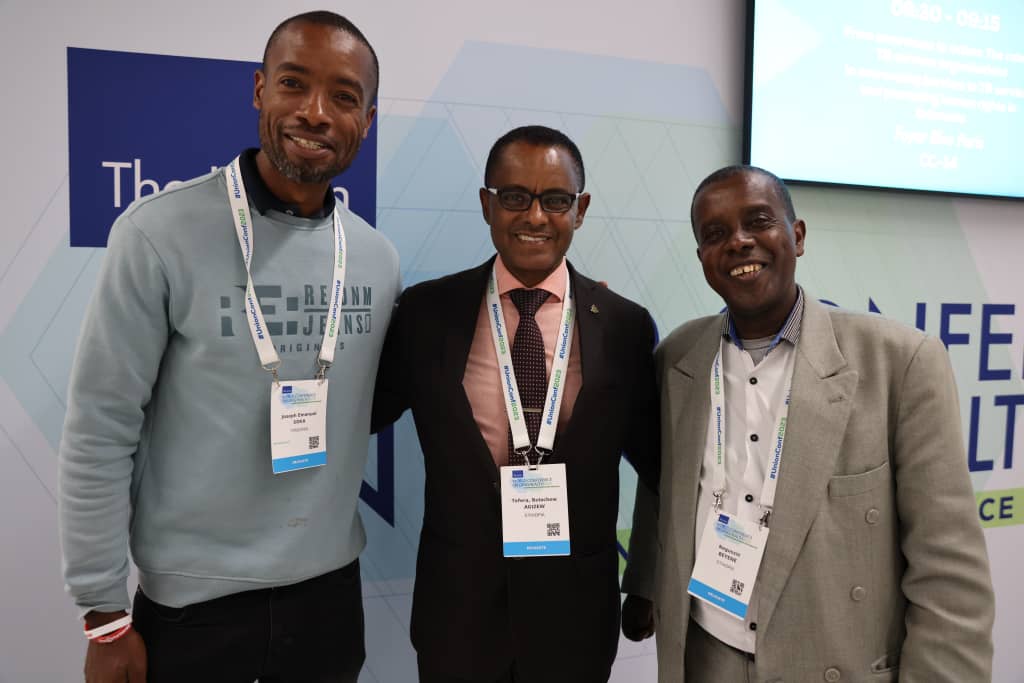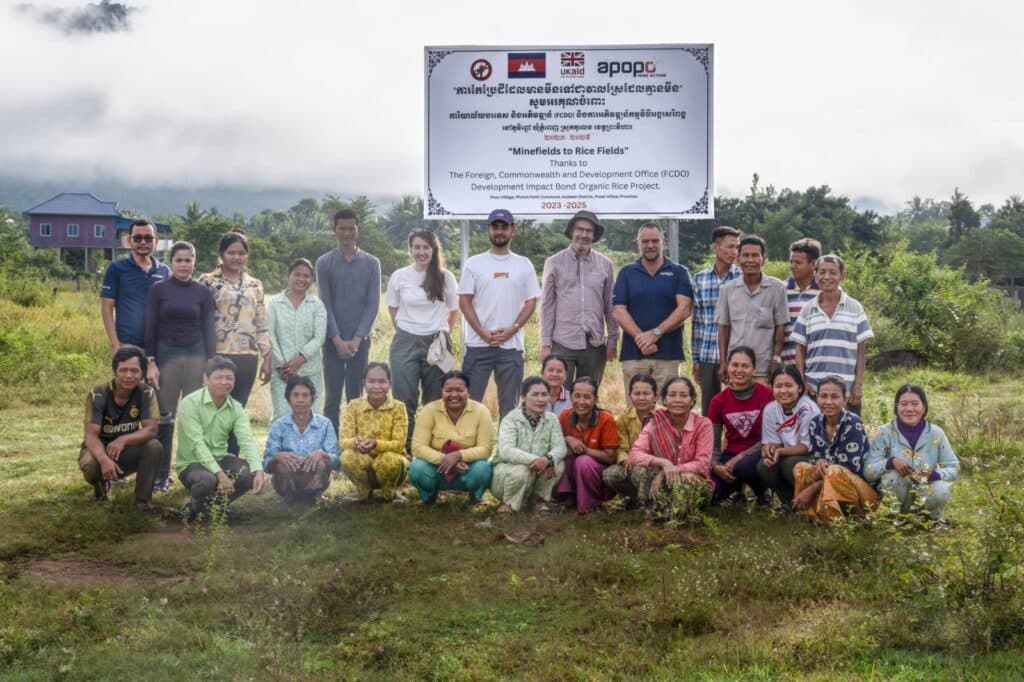APOPO Receives Extra £100,000 in Humanitarian Funding
In December 2023, players of People’s Postcode Lottery, through funds raised and allocated by the Postcode Global Trust, generously awarded an additional £100,000 to APOPO. This humanitarian funding is part of a broader initiative to support longstanding charity partners in response to the increasing global cost of living and specific sector challenges. It’s a clear […]
APOPO Receives Extra £100,000 in Humanitarian Funding Read More »

